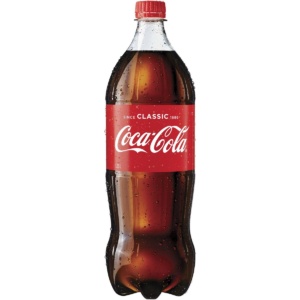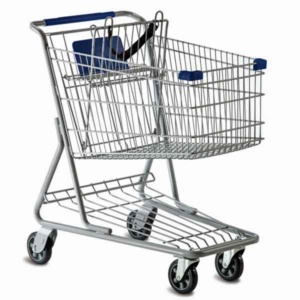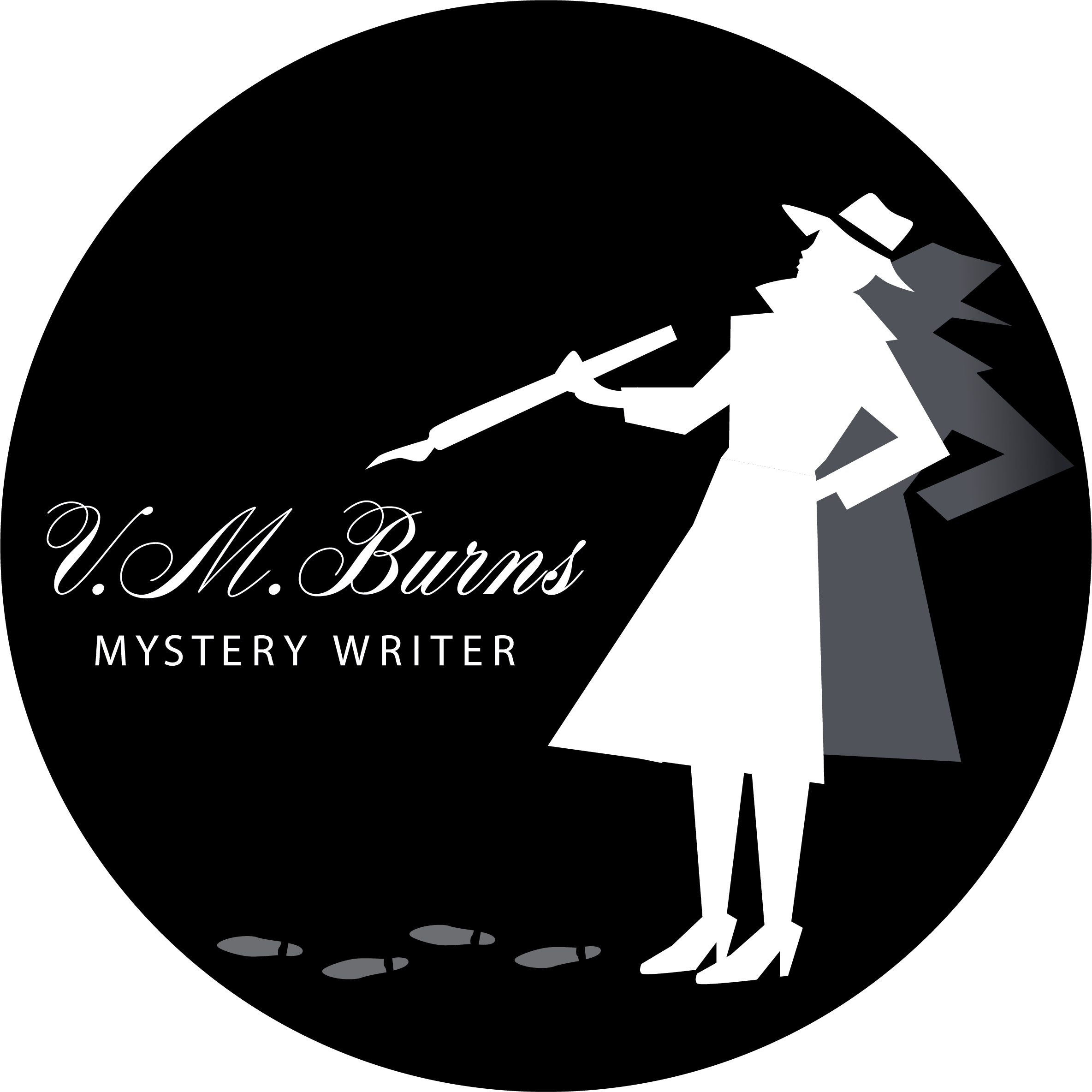Have you ever met people from other parts of the United States and noticed how words are pronounced differently depending on where they live? In college, I remember having discussions about the proper way to pronounce “Aunt.” I say “Ant,” but was told by a friend from the New England area, “there should be a ‘u’ in that word. Or, have you asked friends from Boston to say, “Park the car?” In case you don’t know people from Boston, it can sound a lot like, “Pawk the Caw.” I’ve recently been following a few Facebook posts where authors have posted a picture of a bottle of Coca Cola and a shopping cart and asked what it’s called where you live.


For what it’s worth, I was born and raised in Indiana where we call Coca Cola, “pop” and a shopping cart is a “cart,” but in Tennessee where I live now, the same items are called “soda” and a “buggy.”
One of the biggest challenges I find with writing a British historic cozy has nothing to do with the fact that I wasn’t born in 1938. It has nothing to do with finding the facts. Thanks to modern technology, I can look up most facts from the time period on the Internet. I can find important events for specific dates, including newspaper articles, get weather reports and even check out popular songs of the day. However, my biggest challenge comes from understanding the unwritten, cultural behaviors and patterns that were common to a region or time period.
A Scottish friend recently posted to Facebook that she had an excess of “courgettes” in her garden. Have you heard of courgettes? I knew what they were, but wanted to be sure. So, I Googled courgettes and learned they are basically what we in the U.S. call, “zucchini.”  A few months ago I watched an episode of Agatha Christie’s Hercule Poirot where the detective talked about “vegetable marrows.” Again, I had to look it up. Thank God for Google. I learned vegetable marrows are also zucchini. Google and the Internet are wonderful for bridging the gap to help with overcoming the differences between most British and US word variations. Here’s a short list of a few words that are different between the two countries:
A few months ago I watched an episode of Agatha Christie’s Hercule Poirot where the detective talked about “vegetable marrows.” Again, I had to look it up. Thank God for Google. I learned vegetable marrows are also zucchini. Google and the Internet are wonderful for bridging the gap to help with overcoming the differences between most British and US word variations. Here’s a short list of a few words that are different between the two countries:
| British English | American English |
| Aubergine | Egg Plant |
| Biscuit | Cookie |
| Bonnet | Hood |
| Boot | Trunk |
| Chemist’s Shop | Drug store/Pharmacy |
| Chips | French Fries |
Even the words that are the same can be a challenge because there are differences in the way they’re spelled. Check these out:
| British English | American English |
| Colour | Color |
| Cosy | Cozy |
| Misspelt | Misspelled |
| Theatre | Theater |
Despite these challenges, the difference I find the hardest to overcome are the shared memories that a particular group may have in common. Confused? Let me give you an example. If you ask Americans who were children in the 70s and 80s to complete this phrase, “Conjunction junction….” Most will respond with the right answer, “What’s your function?” Yes, I’m dating myself by saying that I can sing practically every song from the popular US program, Schoolhouse Rock. For those too young to remember (or from different countries), Schoolhouse Rock was an educational program that used animations with catchy tunes to help kids learn mathematics, grammar, social studies and science. The animated clips aired on Saturday mornings in between cartoons. They were only four to five minutes long, but they were memorable. Thanks to Schoolhouse Rock, I once won $5 for reciting the declaration of independence.
Despite the challenges, I enjoy learning about different cultures and time periods as I research Great Britain in between World War I and World War II. It’s been a lot of fun and quite educational.
